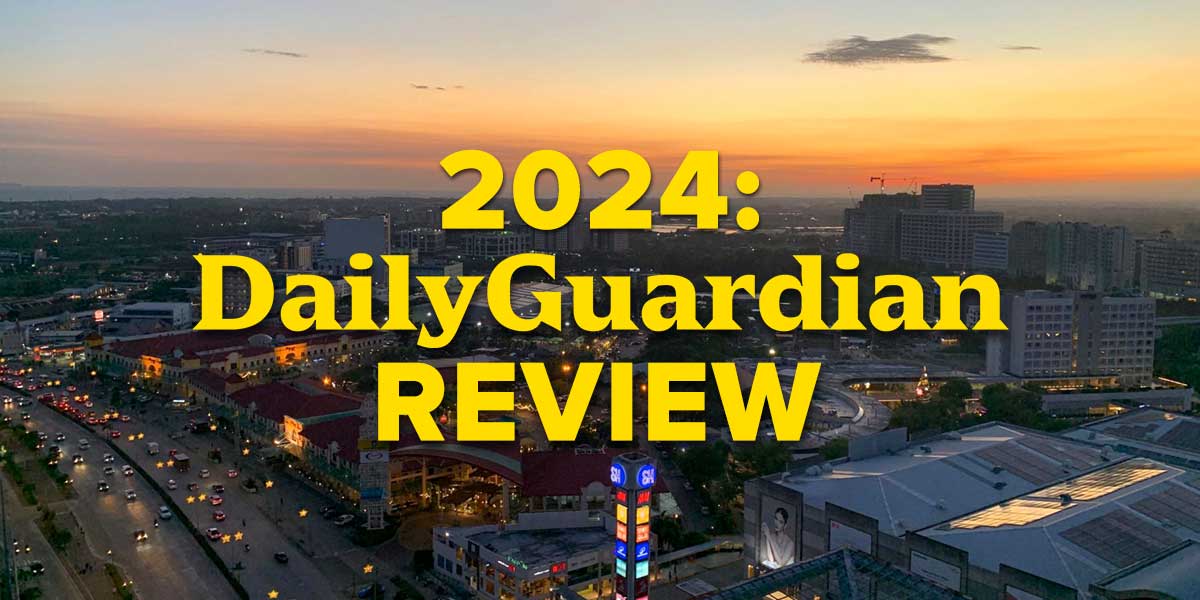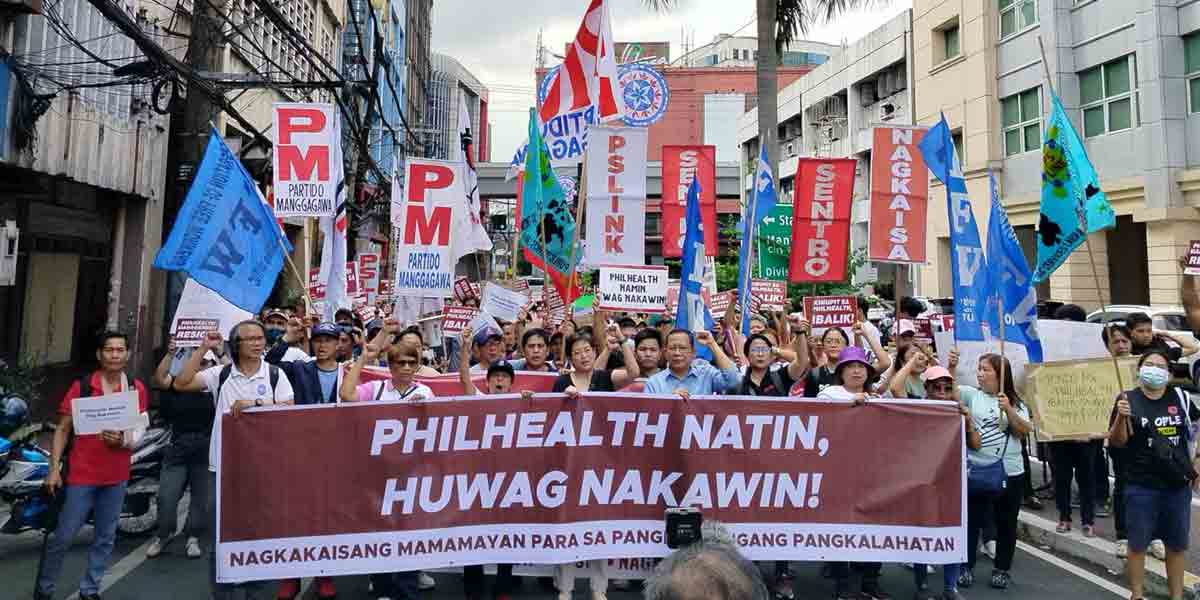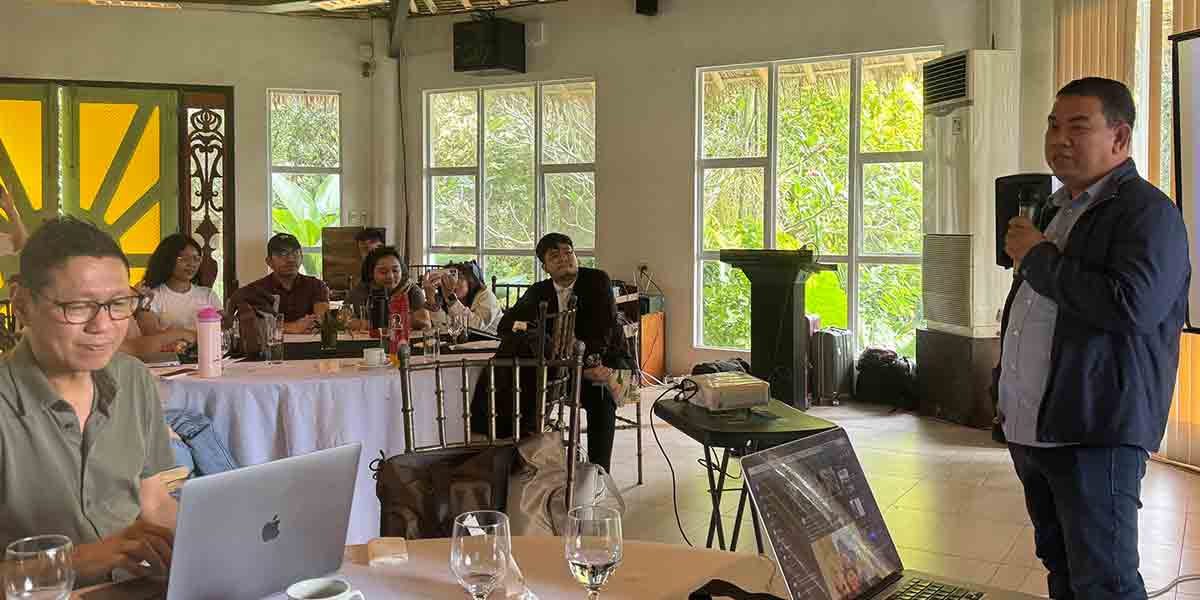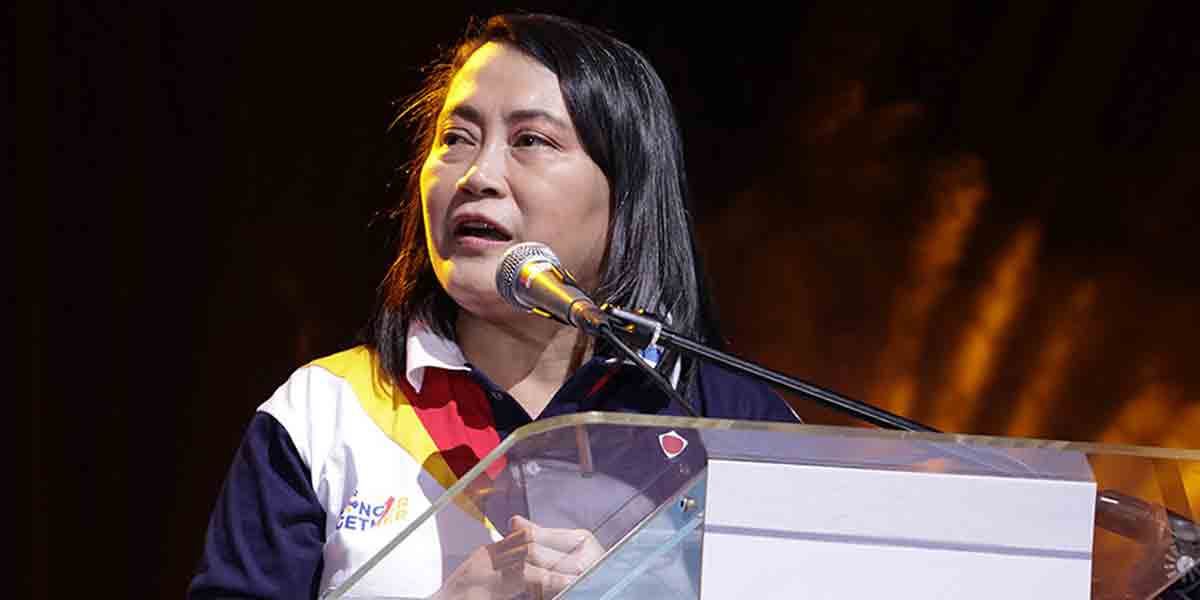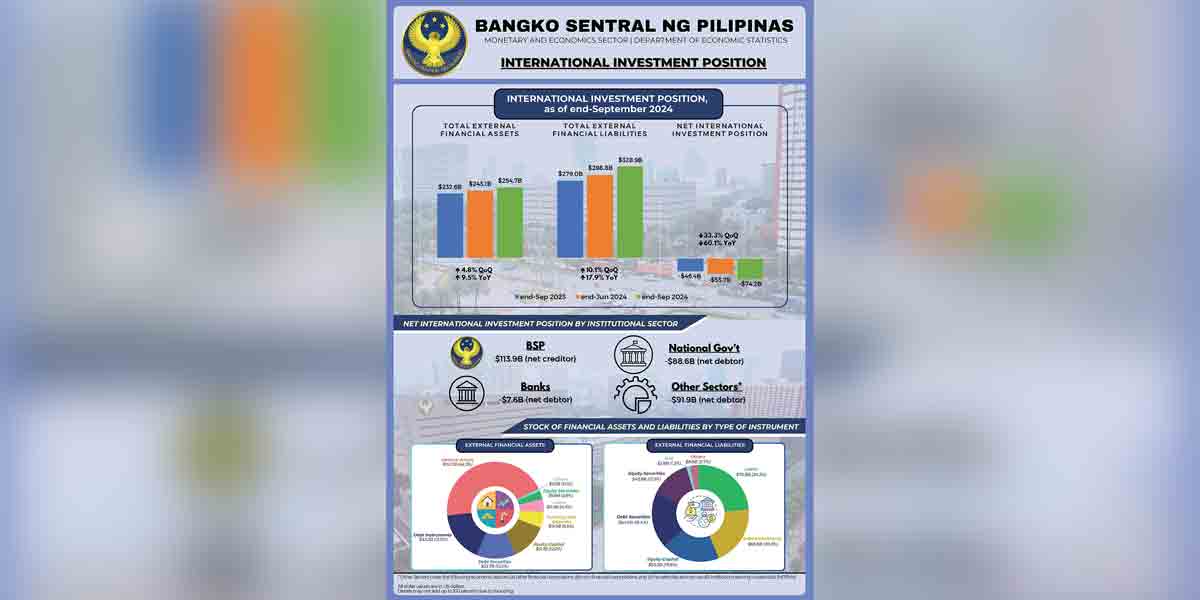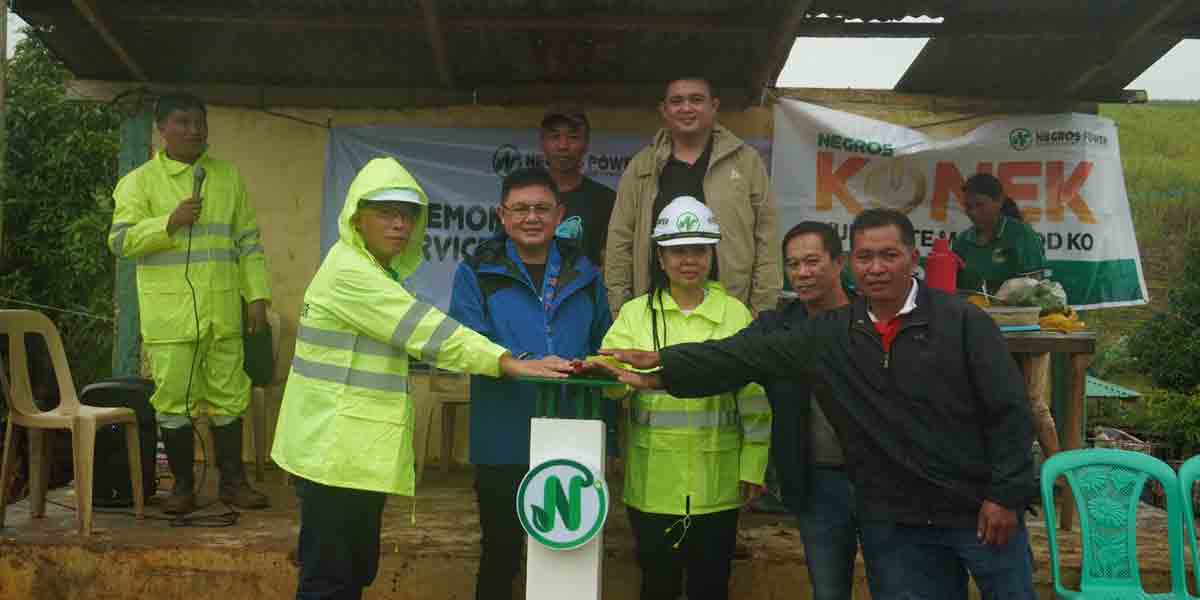By James Jimenez
In a couple of days, we will all be ringing in 2025. And with the turning of the year, Philippine democracy will also be rounding the corner into an election – the 2025 National and Local Elections, scheduled for the 12th of May. But that’s more than four months away. For right now, our thoughts should be on preparing ourselves for this landmark event in our democratic life. And what better way to get ready for the challenges of next year, than to draw up a set of commitments we can all make together – communal resolutions, if you will, to reinforce our democratic values, deepen our democratic foundations, and strengthen our democratic practices.
Resolution No. 1: Encourage Civic Education
Understanding that the mechanisms and principles of democracy are foundational, let us resolve to empower citizens, especially the younger generation – according to COMELEC, there will be close to 20 million Gen Z voters, out of an expected 70 million registered voters in 2025 – to engage meaningfully in the democratic process. Let us resolve not to join the chorus of cynics who warn that elections “won’t change anything.”
What these cynics don’t understand, and which young voters must take to heart, is that the only sure way to not change anything, is precisely to do nothing.
Resolution No. 2: Join the fight against disinformation
In an era of misinformation, democratic resilience – or the ability of democracy to withstand challenges – requires a commitment to factual integrity and objective truths. We, both as a society and as individuals, need to resolve to verify our sources and the sources of the information we consume and share; we need to learn how to identify and kill the spread of unverified news within our own timelines; and in our own circles of influence, promote media literacy.
The big platforms are doing their own thing in this regard, but they can’t do much about the information shared on our group chats and email threads. We can.
Resolution No. 3: Promote Inclusivity and Diversity in Representation
A diverse democracy – one in which everyone’s interests are equitably represented – is a stronger democracy. We can, and should, advocate for policies that increase representation, rather than parroting talking points that call for the shrinking of democratic space. Passing rules, for instance, that limit voting rights to taxpayers or restricting the right to run for office to those with a college degree, does not guarantee better elected officials, much less better government – all those kinds of measures do is to narrow the field of choice for voters.
Resolution No. 4: Strengthen Voting Rights
Looking directly at COMELEC for this one, I say we as a society need to commit to protecting and expanding access to voting. While the election management body has taken great strides in improving access for PWDs, older citizens, women, persons deprived of liberty (PDLs) and indigenous peoples (IPs), there are still other facets of access that need to be addressed.
Retail and service industry workers, for example, still find it difficult – if not impossible – to cast their votes on the second Monday of May, even if the government routinely declares that day a holiday. Overseas workers are still likely to miss voting, despite the one-month voting period for overseas voters, simply because they cannot afford to take a special trip to the embassy or consulate just to vote. And in some of the more rustic voting populations, the use of automated counting machines can still be the source of much fear and trepidation among voters, especially at the prompting of those who would weaponize the voters’ ignorance against them.
Resolution No. 5: Participate in Local Governance
Democracy thrives when citizens are active participants, not just observers. Democracy is not a spectator sport. Let us, therefore, jump into the fray.
Resolve to attend political gatherings, information seminars, or even run for public office if you are qualified. Our individual participation will make governance more responsive, and ultimately, more reflective of the needs of the community.
More than ideals
American business leader Lee Iacocca once wrote: “The discipline of writing something down is the first step toward making it happen.” Iacocca – who later in his life became a noted philanthropist – was emphasizing how ideas become actionable and real when you take the time to put them down on paper; the writing of them serving as that all-important link between thought and execution.
These Democratic New Year’s Resolutions are more than simply intangible ideals. They are actionable commitments that, when adopted, can create a ripple effect of positive change around you. And if you end up doing nothing else for the rest of 2024, this will still have been a most excellent start to your 2025!
By focusing on shared goals, citizens and institutions alike can renew their commitment to democracy and ensure it continues to serve its core purpose: representing and uplifting the people.

